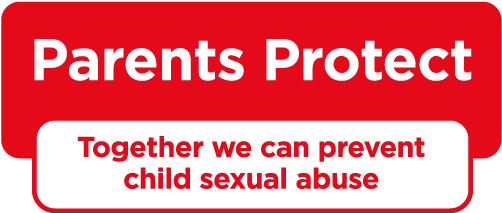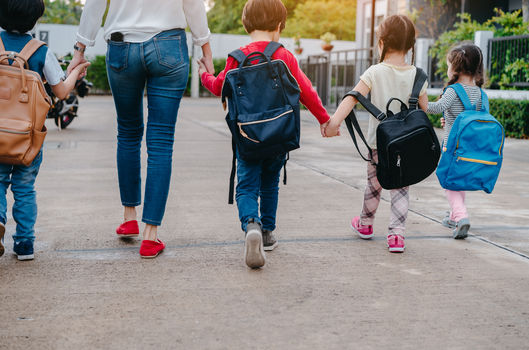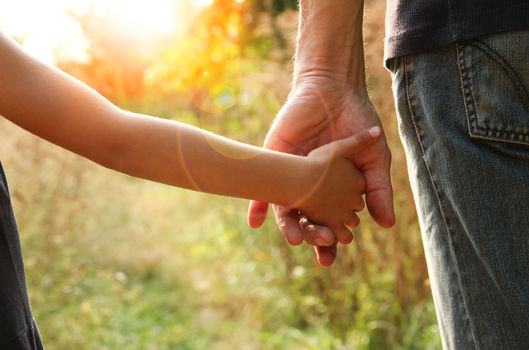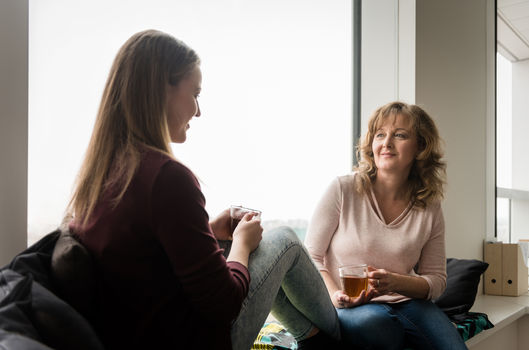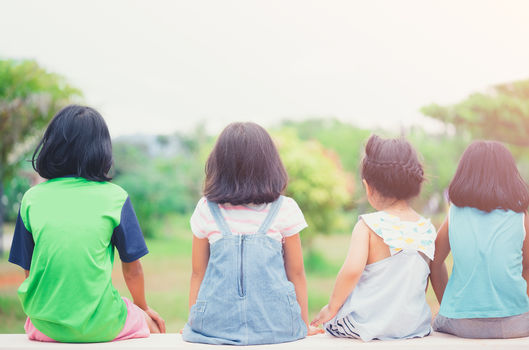That awkward conversation
We've all had to have an awkward conversation at some point, or had our parents try to have an awkward conversation with us! Despite this, it never feels easy to raise the subject of sexual abuse with our children.
It might be because we suspect that something has happened to them, or that their own behaviour has been, or is becoming, harmful. Or it might be because you want them to know what is OK and not OK behaviour that adults can display, and that if someone does or says something that makes them feel uncomfortable they must go and speak to a trusted adult.
How you approach the conversation depends on how old your child is, and how mature they are. Every child will be different. Often children will want to talk about what is happening to them, but here are a few ideas about how to go about it.
Talking about things that worry them is a good thing
Explain to your child that talking about things that worry them is a good thing.
They don’t have to be big things – they may not seem like big things to adults – but they may mean a lot to a child. This doesn’t have to be related to sex or sexual abuse – but if your child knows they can come to you with the small things they are more likely to talk to you about the bigger things.
If they do disclose that something is happening or has happened to them try not to be shocked or worried – try and keep talking – asking open questions and reassuring them that whatever the problem is that it is not their fault, they are not in trouble and that you will get some help. Have a look at our section on "What if I child tells me they are being abused..."
You can call Stop It Now! for confidential advice on 0808 1000 900 or Childline on 0800 1111.
NSPCC Resources
 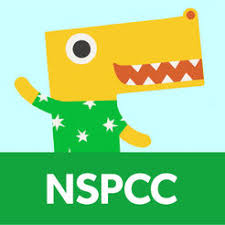 |
The Underwear Rule of the NSPCC Guide teaches children that their body belongs to them, that they have a right to say no, and that they should tell an adult if they're upset or worried. They include PANTS resources as well as the very catchy Pantosaurus Video
|
When should I start talking about this with my child?
You know your child better than anyone. It will depend on their age, how grown up they are – but it’s important to take the lead and match the conversation with their understanding and abilities. Whatever feels natural to you and to them is a good starting point – but it is important not to wait too long.
Talking in the car – whilst you don’t have direct eye contact with each other – can be particularly helpful. Children can often find it easier to talk when it is just the two of you. Equally on the walk home from school or to the playpark can have the same effect. Often being outside of the family home can help to get the chat started.
Particularly at a young age it is not necessarily about talking about sex – but about what is private and what is not – whilst getting dressed in the morning, having a bath, or going swimming can start a conversation about what “private parts” are. The NSPCC have some fantastic resources to use – they can be downloaded here.
A list of books that can be helpful for starting conversations with children on these themes can be found at:-
Teaching your children about the right to say “no” is important too. Your child has the right to say no to unwanted touch, even from a close family member, even from mummy and daddy. Understanding this and giving them permission to choose is a good starting point.
What about online safety?
The internet is a fantastic place for children to discover new things and learn about the world. But there are also risks relating to what children can be exposed to online and it is a space where children can easily be groomed and abused when there is no oversight provided by protective adults. It can sometimes feel like children are far more advanced that we are in our understanding of smartphones, tablets and other technologies. However, as adults we know more about safety and risk than children do, and we need to use that knowledge in helping children use the internet safely.
Learning to use the internet safely is like learning how to ride a bicycle or how to swim. Children will only put themselves at risk if they teach themselves without adult instruction. And children need adults to help them develop skills so that they can identify and manage or avoid situations that are unsafe. This can be done from a very early age. As soon as your child starts talking about or exploring the online world, you should start conversations with them about their online activity and put support in place.
Thinkuknow is an education programme from the National Crime Agency’s CEOP Command. Since 2006, Thinkuknow has been keeping children and young people safe by providing education about sexual abuse and sexual exploitation. They have specific resources for parents as well as children of all ages, including those under the age of 5.
Like the work of Stop It Now!, Thinkuknow is underpinned by the latest intelligence about child sex offending.
The Safer Internet Centre is a useful source where you can find online safety tips, advice and resources to help children of all ages stay safe online.
SMART rules for adults to share with children
There are no "one-size" fits all but here are a few suggestions.
Warning signs that a child is being sexually abused or exploited
Children often show us rather than tell us that something is happening - What are the warning signs of child sexual abuse?
Talking to your teenager (12+)
Having that awkward conversation with your teenager about Child Sexual Abuse
Family Safety Plan
If you are concerned about keeping your child safe from sexual abuse, consider creating a Family Safety Plan.
Did you know?
7% of under 13s have been asked for a sexual image or message
Source - NSPCC 2017
Read more




